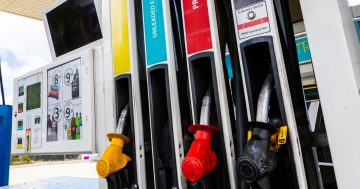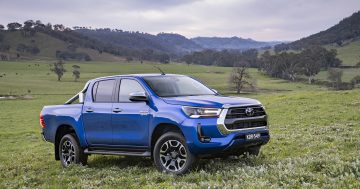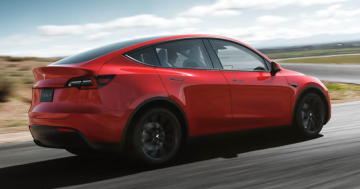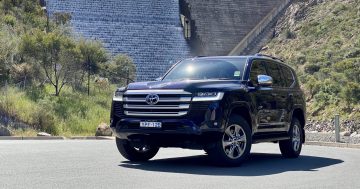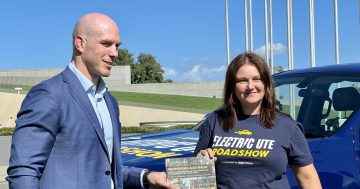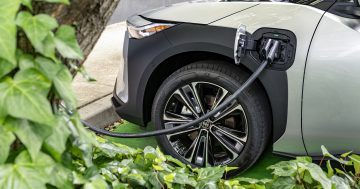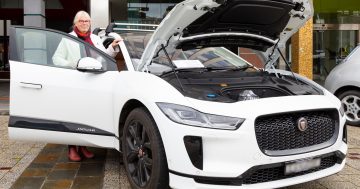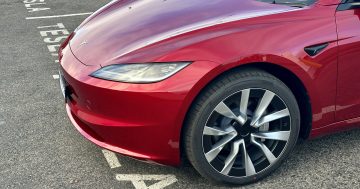
The new standard is said to end Australia’s reputation as the ‘dumping ground for dirty vehicles’. Photo: Michelle Kroll.
After years of noises about how we’re the only advanced economy save Russia not to have it, and how it’s “costing families and businesses thousands of dollars at the petrol pump” every day we don’t have it, the Australian Government finally handed down a ‘New Vehicle Efficiency Standard’ this week.
“We’re giving Australians more choice to spend less on petrol, by catching up with the US – this will save Australian motorists $100 billion in fuel costs to 2050,” Minister for Climate Change and Energy Chris Bowen said.
Minister for Transport, Regional Development and Local Government Catherine King said it will also increase choice in the car yard.
“It doesn’t dictate what sort of car or ute people can buy, but it will mean you have a wider range of modern and cheaper-to-run vehicles.”
All fine words and big promises, but is the standard all it’s cracked up to be?
No, according to the Federal Chamber of Automotive Industries (FCAI).
“If it all sounds too good to be true, it generally is,” CEO Tony Weber tells Region.
The Albanese government says the New Vehicle Efficiency Standard (or Fuel Efficiency Standard) incentivises car companies to supply new cars that use less fuel per kilometre. This includes EVs, hybrids and plug-in hybrids, and smaller, more efficient internal combustion engines.
But there’s the first problem – to enjoy the fuel savings benefits, you’ll have to stump up the cash for a new car.
“You can save a lot through having solar panels on your roof, so why hasn’t every house in Australia got solar panels? Because not every household can afford the capital cost of installing solar panels,” Tony says.
“Fuel is only part of the cost of car ownership.”
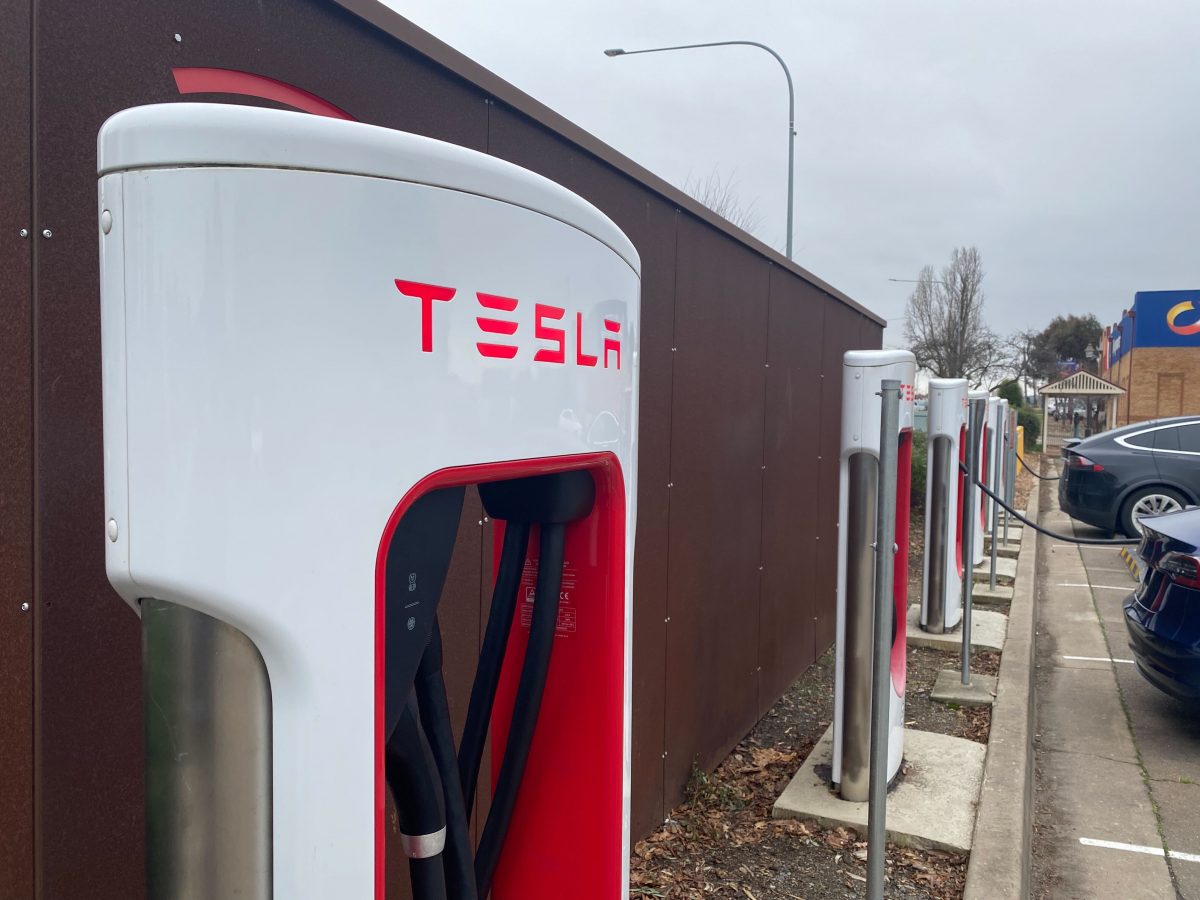
The standard is about promoting EVs, as well as hybrids and smaller, more efficient internal combustion engines. Photo: Region.
From January 2025, each vehicle manufacturer will have an average CO2 target applied to the vehicles they sell here, which the government says “they must meet or beat”.
“Over time, the CO2 target is lowered, and to continue to meet or beat the target, companies must provide more choices of fuel-efficient, low or zero-emissions vehicles,” the government fact sheet reads.
“Suppliers can still sell any vehicle type they choose, but they’ll need to sell more fuel-efficient models to offset any less efficient models they sell.”
In other words, Ford can still sell the V8 Mustang, but they’ll have to atone for its ‘carbon sins’ with another more efficient model in the range, like an electric Mustang Mach-E.
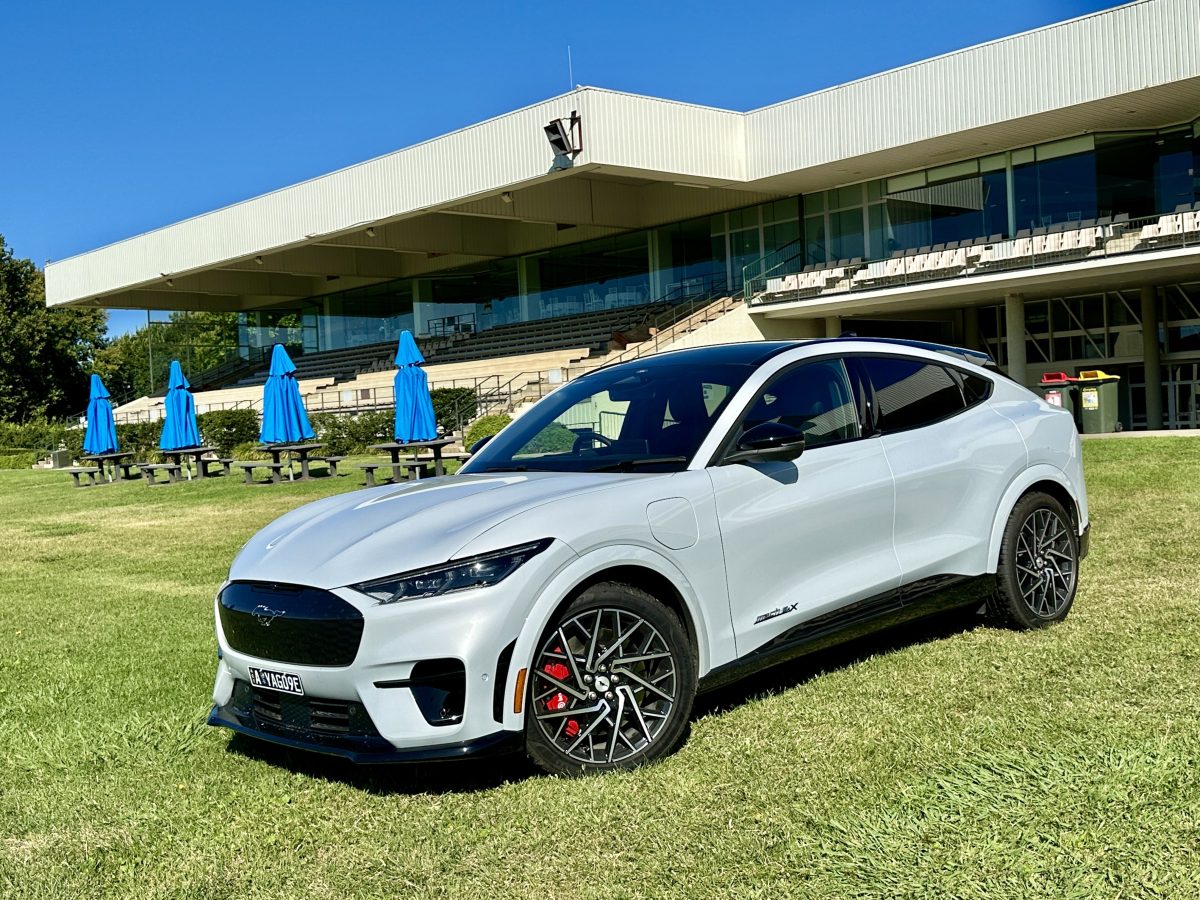
The Ford Mustang Mach-E. Car brands that fail to meet their emissions targets will be able to buy ‘credits’ from other brands. Photo: James Coleman.
This, the government reasons, will lead to models becoming available in Australia that haven’t been up to this point, and therefore consumers will have more choice.
But Tony says this is an error formed by comparing the Australian market too closely with the US.
The government has used lines such as “the US has had a similar policy in place for 50 years”, and “new cars in Australia use 20 per cent more fuel than those in the US”, and “if Australia catches up with the Standard in the US by around 2028, Australians stand to save about $1000 per vehicle per year”.
The implication seems to be ‘if only we had more cars like the US’. The big difference is our steering wheel is on the correct side.
“The US market is roughly 16 times the size of ours,” Tony says.
“So the problem Australia has is we don’t have a domestic market big enough to have a factory dedicated to us. We therefore have to take product out of other factories.
“We often hear this quote, ‘Australia is the dumping ground of dirty vehicles’, but name one. Name a right-hand-drive vehicle that is dumped here and thus isn’t sold in any other markets.”
If the car brand meets or beats the CO2 target, the government says they’ll receive credits. But if they sell more polluting cars than their target, “they can either trade credits with a different brand, make it up over the next two years, or pay a penalty”.
So, to use the example of Ford again, if sales of the Mustang Mach-E fail to outdo the V8 Mustang and they don’t meet their CO2 target, they’ll have to either pay a $100 penalty per extra gram of CO2 or buy credits off another brand that makes more EVs than they do, like Tesla.
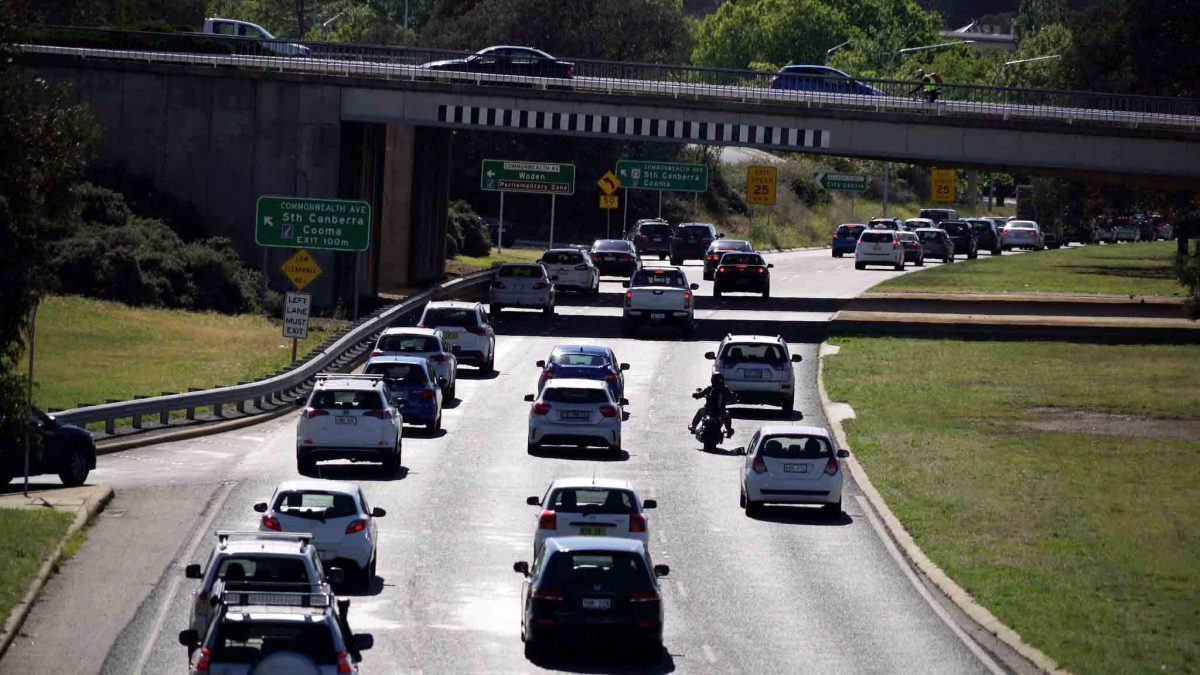
FCAI CEO Tony Weber says, “Name a right-hand-drive vehicle that is dumped here and thus isn’t sold in any other markets”. Photo: ACT Government.
The government denies this will lead to an increase in vehicle prices.
“In jurisdictions that have had a New Vehicle Efficiency Standard in place for some time (around 50 years in the case of the US and Canada), real-world evidence has not shown an increase in price for consumers in the cost of cars.”
But Tony isn’t so sure.
“An example ministers often talk about is the Mazda CX-30, which in the UK has an engine that’s about 25 per cent more efficient than the ones offered here,” he explains.
“But Mazda Australia introduced that engine to both the Mazda 3 and CX-30, and Australian consumers didn’t want it. The reason why is because it was about $4000 more expensive. You can bring in more efficient engines to meet the target, but you have to pay extra for it. This is going to be passed on to the consumer.”
Tony says the government is attempting to catch up on years of “inactivity” in the vehicle emission standard space but argues the policy goals are too hard and too fast for the industry.
“The targets align with US targets … but the decision in the US is to go hard on the targets, but support that with financial incentives for the manufacturers and the consumers. But if we’re not prepared to pay those, we might want to reconsider the targets. You can’t have your cake and eat it too.”












